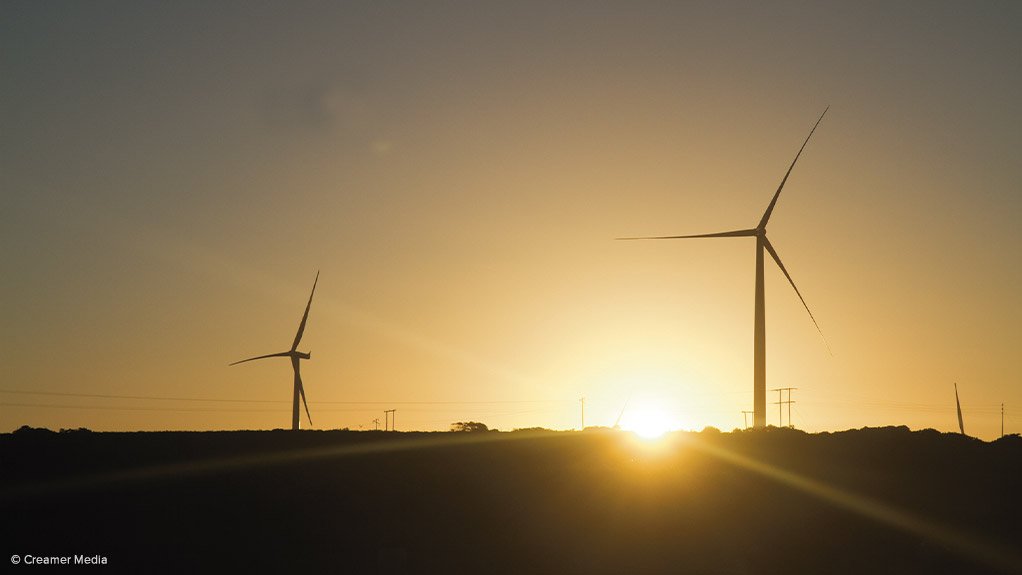Distributed renewable energy (DRE) is going to be essential to achieve the goal of universal access to energy by 2030, both in Africa and globally. So highlighted World Bank Energy Sector Management Assistance Programme lead energy specialist Raihan Elahi, on Wednesday. He was addressing a session of the Africa Energy Indaba, in Cape Town.
“We’re really off track” regarding achieving universal access to energy by 2030, he pointed out. Worldwide, in 2020, 675-million people still had no access to electricity, while in 2021, 2.3-billion people had no access to clean cooking methods. These shortfalls existed against a background of increased vulnerability to climate shocks.
To achieve universal clean cooking in sub-Saharan Africa, the rate of electrification across the continent would have to be tripled. “A new approach is needed to achieve universal energy access by 2030,” he affirmed.
That was where DRE came in. DRE was mainly focused on mini-grids and standalone solar power, and could benefit 50% of Africans currently without electricity. This was not a theoretical concept, he noted: Kenya, Rwanda and Uganda were already adopting DRE.
“Without DRE, I don’t think we have a chance to achieve our goal of universal energy access,” he said. To promote DRE, the World Bank has launched an initiative it called Distributed Access through Renewable Energy Scale-up, or DARES for short. This has as its targets the provision of electrification to 300-million people, 1-million farmers, 1-million micro, small and medium enterprises (MSMEs), 100 000 schools and clinics, and the construction of 10 000 mini-grids, all by 2030.
The World Bank has three focus areas for DRE – households, income generation, and social infrastructure. Energy for households will provide lighting, clean cooking, device charging, and other services that will transform quality of lives and allow working from home (especially helpful to mothers). Income generation coveres energy for agricultural production, food security, MSMEs, jobs, and cold chain and cooling appliances. Social Infrastructure covers energy for health, education, digital connectivity and better social services.
There are five different types of World Bank support for the rollout of DRE. The first, in Elahi’s order, is quality assurance, policy and regulatory support. Next is capacity building and training for DRE entrepreneurs. This is followed by targeted subsidies to address the affordability and availability challenges (in many countries, the energy sector is not a level playing field but distorted by government subsidies). Then, risk mitigation instruments to provide access to commercial debt. Finally, the implementation of a new business model – the energy-as-a-service model.
EMAIL THIS ARTICLE SAVE THIS ARTICLE ARTICLE ENQUIRY
To subscribe email subscriptions@creamermedia.co.za or click here
To advertise email advertising@creamermedia.co.za or click here











